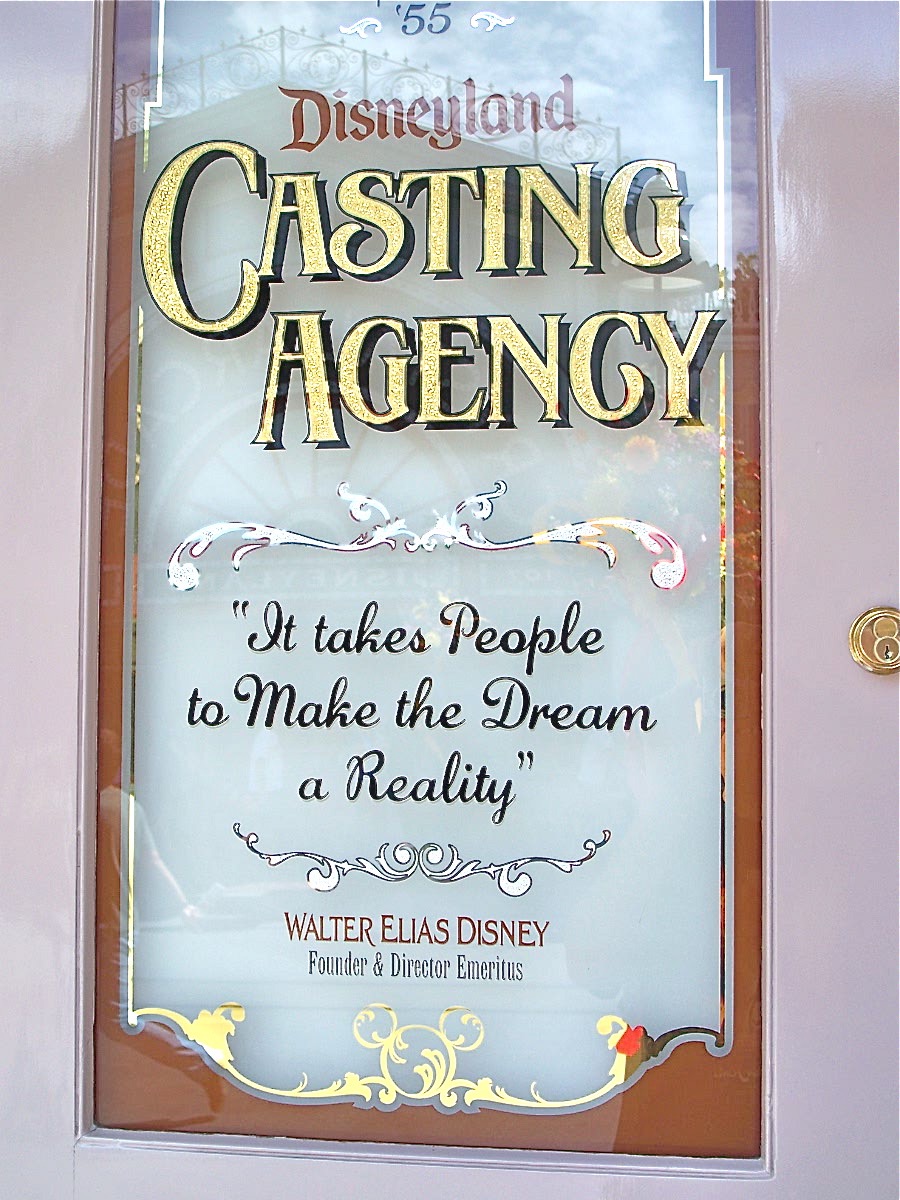
The window on the streets of Disneyland captures the sentiment perfectly: “You can design and create, and build the most wonderful place in the world. But it takes people to make the dream a reality.” –Walt Disney
Employees matter. No one should argue that. They make a difference to every aspect of an organization’s success–the most important of all–its bottom line. They should be your biggest asset–not your biggest liability.
There’s no replacement for hiring the perfect employee. But perfect employees don’t exist, and even the most right-fit candidate needs improvement. No organization is static–therefore no employee can rest on their own laurels. Development is essential. Therefore, the organizational employee development process in any world-class organization should reflect the following:
- Identification of the skills a workforce must cultivate to hit targeted mission/growth objectives
- Guidance on the skills that workforce should consider in establishing current and future goals
- Support from leaders on an employees’ career plans through a formalized process that clearly aligns to organizational goals
- Implementation of tours of duties to transform career plans into career actions
- Establishment of pragmatic tools to help employees make career development achievable
- Strong and fair accountability to ensure workforce behaviors/processes are in alignment with the agency’s mission
While this is the ideal, it’s far from what is really happening in many organizations. For baby boomers, failure to offer opportunities to develop and advance becomes a reason to move on, or to take early retirement if offered. For Gen X professionals, it is often the flag on the play that says it’s time to move on before I become “stuck” with this job, and thus limited by it. For newer employees, it may lead to long-term difficulties in building and sustaining a superior workforce. Monika Hamori, Jie Cao, and Burak Koyuncu described a study based on analysis of international databases of over 1,200 young high achievers and concluded that many of the best and the brightest are not receiving the career development support they desire. The article stated:
“Dissatisfaction with some employee-development efforts appears to fuel many early exits. We asked young managers what their employers do to help them grow in their jobs and what they’d like their employers to do, and found some large gaps. Workers reported that companies generally satisfy their needs for on-the-job development and that they value these opportunities, which include high-visibility positions and significant increases in responsibility. But they’re not getting much in the way of formal development, such as training, mentoring and coaching – things they also value highly.”
Employee development matters. Moreover, it should be intentional, not by happenstance. What does it look like for you?
